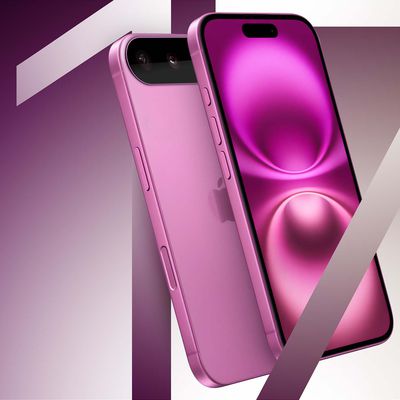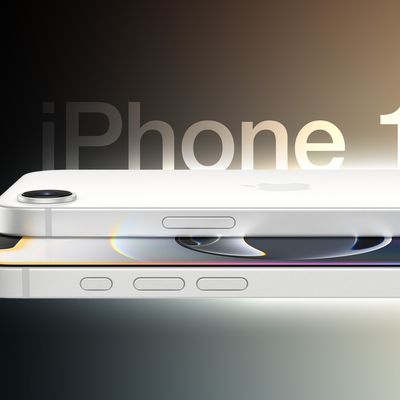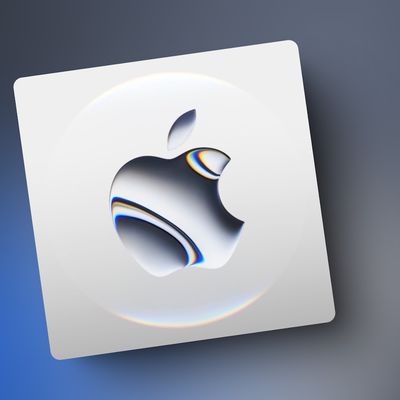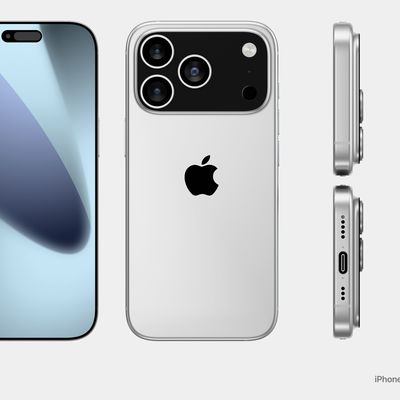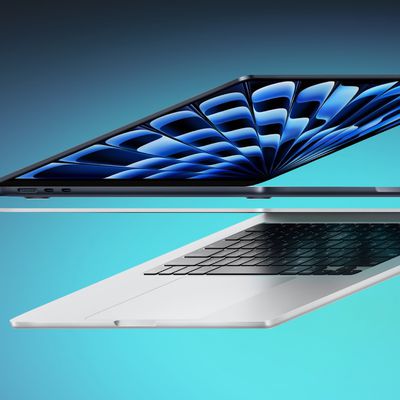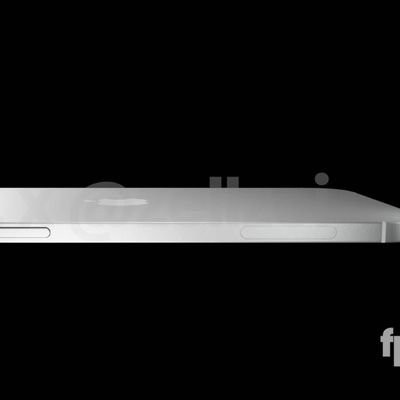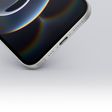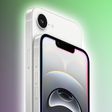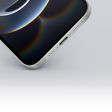In a new study comparing the accuracy of seven different fitness trackers, the Apple Watch was found to have the lowest margin of error when measuring heart rate, beating the Basis Peak, Fitbit Surge, Microsoft Band, Mio Alpha 2, PulseOn, and Samsung Gear S2.
Researchers set out to determine the accuracy of wrist-worn devices at measuring both heart rate and energy expenditure, aka calories burned via physical activity. 60 volunteers participated, including 29 males and 31 females, each of whom wore several fitness trackers and completed activities like cycling, running, and walking.
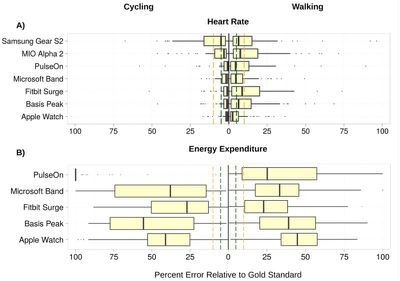
Data gathered by the fitness devices was compared against a "gold standard" tracking method, which included an electrocardiograph (ECG) for measuring heart rate and clinical grade indirect calorimetry (measuring oxygen and carbon dioxide expelled when breathing) for measuring calories burned. An error rate of 5 percent was determined to be within acceptable limits.
Across all of the modes of activity, the Apple Watch had the lowest median heart rate error at 2 percent (1.2% to 2.8%), while the Samsung Gear S2 had the highest error rate at 6.8 percent (4.6% to 9%). The Apple Watch was also notably more accurate at measuring heart rate during the walking test than competing products.
For the walking task, three of the devices achieved a median error rate below 5%: the Apple Watch, 2.5% (1.1%-3.9%); the PulseOn, 4.9% (1.4%-8.6%); and the Microsoft Band, 5.6% (4.9%-6.3%). The remaining four devices had median error between 6.5% and 8.8%.
When it came to measuring calories, no device, Apple Watch included, managed to accurately determine how many calories were burned through activity. Median error rates across all devices and tasks ranged from 27.4 percent (Fitbit Surge) to 92.6 (PulseOn). Though no device was accurate, the Apple Watch did the best at estimating energy expenditure.
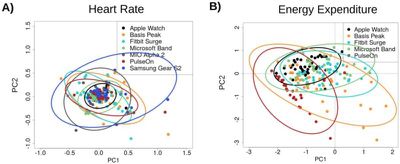
Overall, researchers found that most of the fitness trackers tested were able to measure heart rate with an acceptable error level in a laboratory setting, but calorie estimates are largely inaccurate.
There are three principal findings from the current study. In a diverse group of individuals: (1) most wrist-worn monitoring devices report HR with acceptable error under controlled laboratory conditions of walking, running and cycling; (2) no wrist-worn monitoring devices report EE within an acceptable error range under these conditions; (3) of the devices tested, the Apple Watch had the most favorable error profile while the Samsung Gear S2 had the least favorable error profile.
The full study, conducted by Stanford University and the Swedish School of Sport and Health Services, is available in the Journal of Personalized Medicine.


